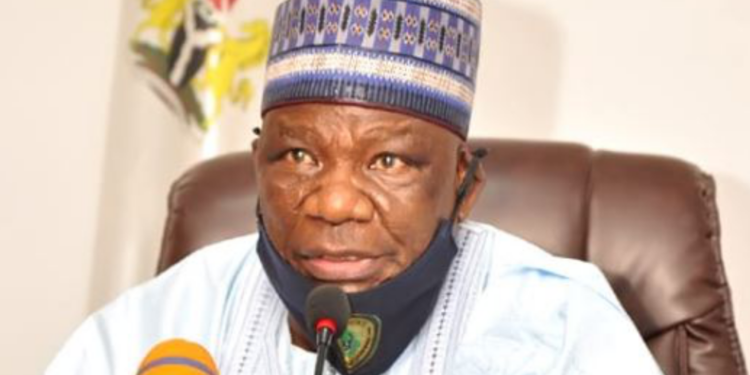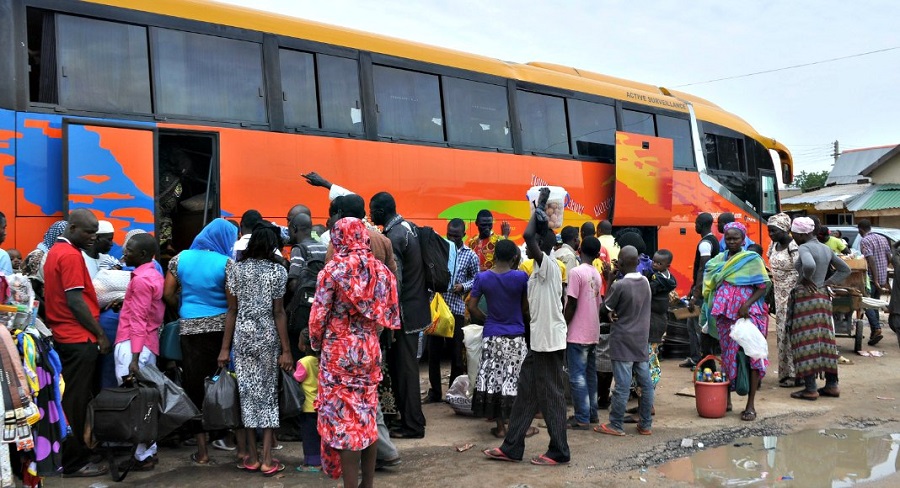The Gombe State Government has commenced the first round of Maternal Newborn Child Health Week (MNCH) and Seasonal Malaria Chemoprevention (SMG) to strengthen routine Primary Health Care services.
Nairametrics learns that the program is a collaborative effort between the State Ministry of Health and the State Primary Healthcare Development Agency which took place at the Primary Health Care Centre in Lalaipido, in the Shongom Local Government Area.
Speaking at the launch, Gombe State Deputy Governor, Manassah Daniel Jatau, who also heads the Taskforce on Routine Immunization in the state, emphasized the vital role of health across all aspects of human endeavors.
Interventions to tackle malaria, maternal and child mortality
According to Jatau, during the Maternal Newborn Child Health Week (MNCH), the state will also implement seasonal malaria chemoprevention, recognizing the rainy season as a time when malaria parasites thrive due to dense vegetation and stagnant water in the environment.
He also provided reassurance to the state’s citizens about the Government’s steadfast dedication to enhancing their well-being, particularly that of women and children below the age of five.
He urged traditional and religious leaders across the region to actively support the administration’s campaign in combating diseases that pose significant health challenges in the state.
During his speech, the Permanent Secretary of the Ministry of Health, Mal. Danladi Adamu informed the audience that Maternal Newborn Child Health Week marks the initiation of a comprehensive collection of cost-effective interventions.
These interventions are primarily aimed at reinforcing routine Primary Health Care services, benefiting primarily pregnant women, mothers, and children aged 0-59 months.
He mentioned that the state government, in collaboration with the Federal Ministry of Health through the National Malaria Elimination Program (NMEP) and with support from the Global Fund Malaria Grant, along with other stakeholders in the fight against malaria, has intensified efforts to significantly reduce the prevalence of malaria.
This is being achieved by focusing on children aged 3-59 months through the implementation of seasonal malaria chemoprevention using sulfadoxine-pyrimethamine plus Amodiaquine.
Interventions in the numbers
Dr Abdulrahaman Shuaibu, the Executive Secretary of the State Primary Healthcare Development Agency, informed the audience that throughout the weeklong initiative, more than 800,000 children aged 3-59 months will receive free anti-malarial medications.
Additionally, approximately 200,000 pregnant women will benefit from other essential life-saving interventions.
The event’s highlights encompassed the administration of supplements, and an inspection of the health centre, among other activities.






















